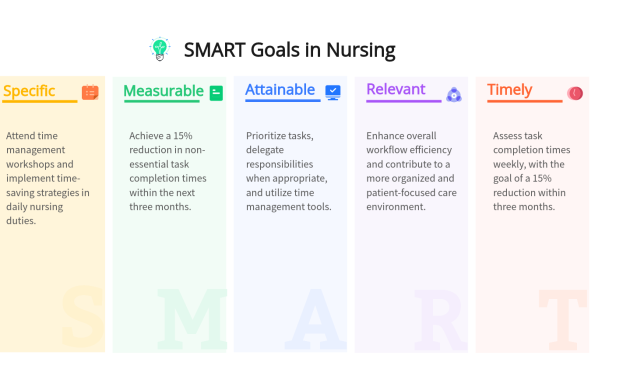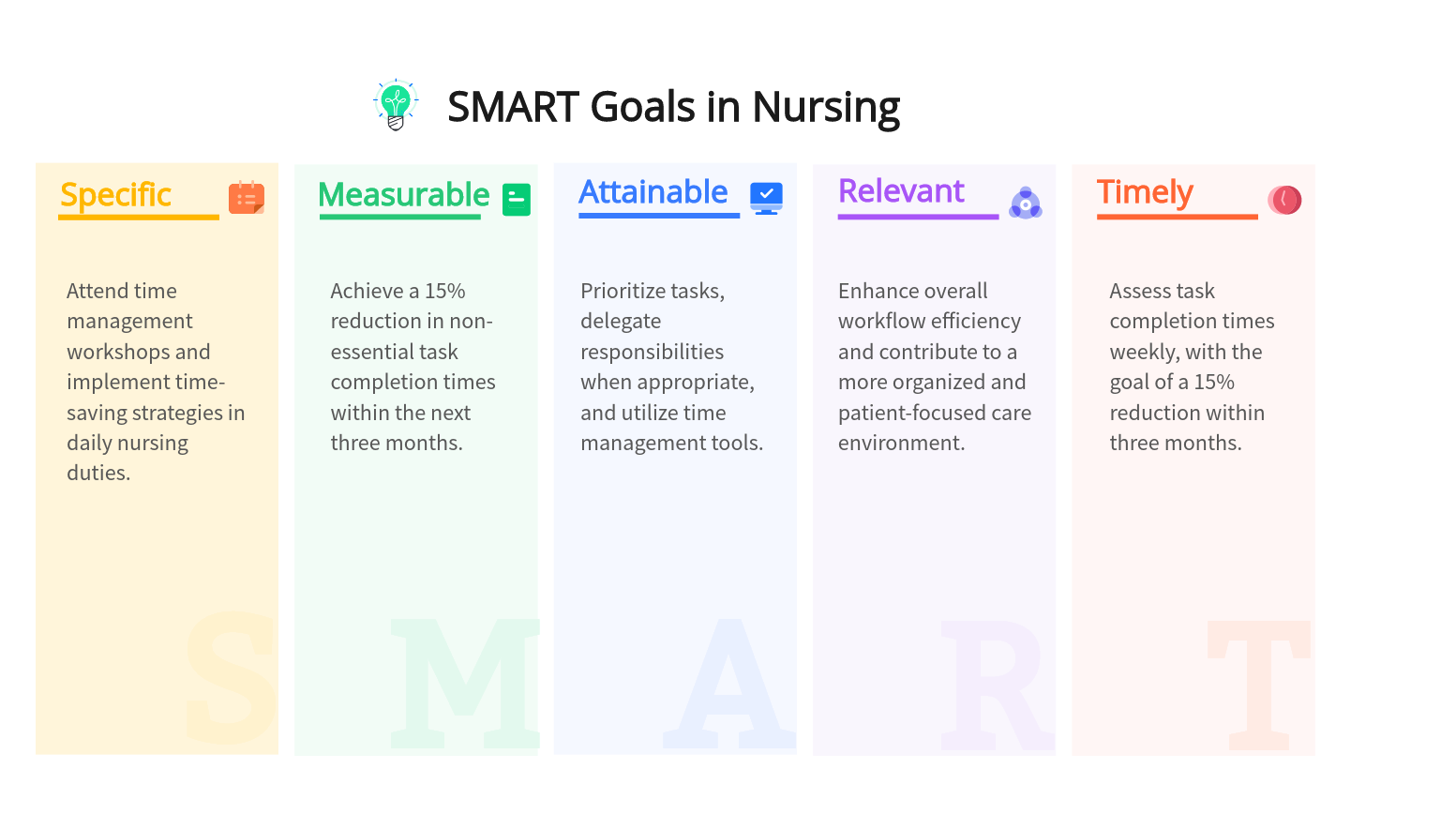
How to Create Weekly Goals That Improve Diabetes Management
Living with diabetes requires proactive management. It is not a passive condition. This includes regular monitoring, medication adherence, and lifestyle adjustments. Setting weekly goals is a powerful strategy. It empowers individuals to take control and improve their health outcomes. This article provides a comprehensive guide. It will help you create effective weekly goals tailored to improve diabetes management.
Understanding the Importance of Goal Setting
Goal setting provides structure and direction. It is crucial for managing any chronic illness. It gives you a roadmap for success. Specifically, for those with diabetes, goals provide focus. They also help with motivation. They also help to track progress. Without clear objectives, it’s easy to become overwhelmed. It is easy to lose sight of the bigger picture. This can lead to inconsistent behaviors. These behaviors can negatively impact blood sugar levels. They can also affect overall health. Regular goal setting fosters accountability. It also encourages consistent effort. This consistency is vital for long-term health improvement. This is especially true for diabetes management.
Assessing Your Current Situation
Before creating weekly goals, assess your current status. This self-assessment is the foundation. It helps you identify areas for improvement. Consider these steps:
- Review Your Medical Records: Examine recent blood glucose readings. Look at HbA1c levels. Review any relevant lab results. This provides a baseline. It indicates where you currently stand.
- Identify Challenges: What aspects of your diabetes management are difficult? Are you struggling with diet? Are you having trouble with exercise? Are you facing challenges with medication adherence? Recognizing these challenges is essential.
- Consider Your Lifestyle: Evaluate your daily routine. Look at your work schedule. Consider your social activities. These factors can influence your diabetes management.
- Consult with Your Healthcare Team: Discuss your assessment with your doctor, nurse, or diabetes educator. Seek their guidance. Their expertise is invaluable.
Defining SMART Goals
SMART goals are specific, measurable, achievable, relevant, and time-bound. This framework ensures your goals are effective. They are also practical. Applying the SMART framework increases your chances of success. Here’s how to apply it to diabetes management:
- Specific: Clearly define your goal. Instead of saying “eat better,” specify “eat one serving of vegetables with lunch and dinner.”
- Measurable: Establish how you will track your progress. For example, “check blood glucose before meals and two hours after.”
- Achievable: Set realistic goals. Do not try to change everything at once. Start with small, manageable steps.
- Relevant: Ensure your goals align with your overall diabetes management plan. They should address your specific needs.
- Time-Bound: Set a deadline for achieving your goals. This creates a sense of urgency. It also helps you stay focused. For example, “achieve this goal by the end of the week.”
Examples of Weekly Goals for Diabetes Management
Here are some examples. These illustrate how to apply the SMART framework:
Dietary Goals
- Goal: “Eat one serving of non-starchy vegetables with lunch and dinner every day this week.”
- Measurable: Track vegetable intake in a food journal.
- Achievable: Start with one meal if needed. Gradually increase the frequency.
- Relevant: Improves blood sugar control and overall health.
- Time-Bound: Achieve this goal by the end of the week.
Exercise Goals
- Goal: “Walk for 30 minutes, five days this week.”
- Measurable: Use a fitness tracker or log the walks in a journal.
- Achievable: Break the walks into shorter intervals. This makes it easier.
- Relevant: Improves insulin sensitivity and cardiovascular health.
- Time-Bound: Achieve this goal by the end of the week.
Medication Goals
- Goal: “Take all diabetes medications as prescribed this week.”
- Measurable: Use a pill organizer. Also, use a medication tracker.
- Achievable: Set reminders. Keep medications in a visible location.
- Relevant: Ensures proper blood sugar control.
- Time-Bound: Achieve this goal by the end of the week.
Blood Glucose Monitoring Goals
- Goal: “Check blood glucose levels before each meal and two hours after, every day this week.”
- Measurable: Record all readings in a logbook or app.
- Achievable: Set reminders. Keep your meter and supplies easily accessible.
- Relevant: Provides data. This data helps manage blood sugar levels.
- Time-Bound: Achieve this goal by the end of the week.
Tracking Your Progress
Regularly monitor your progress. This is crucial for maintaining motivation. It also helps make necessary adjustments. Use these strategies:
- Keep a Journal: Record your goals. Track your progress. Note any challenges. Also, note your successes.
- Use a Blood Glucose Log: Record your readings. Note any trends. Note any patterns.
- Utilize Apps and Technology: Many apps are available. They help track food intake. They also help track exercise. They also help with medication adherence.
- Review Weekly: Review your progress at the end of each week. Determine if you met your goals. If not, identify the reasons.
Making Adjustments and Staying Motivated
Not every week will go perfectly. It is important to be flexible. It is also important to be resilient. If you do not meet a goal, do not get discouraged. Review the challenges. Adjust your goals as needed. Here are some tips to stay motivated:
- Celebrate Successes: Acknowledge your achievements. Reward yourself for meeting your goals.
- Seek Support: Talk to your healthcare team. Join a support group. Connect with others.
- Stay Positive: Focus on your progress. Maintain a positive attitude. This is key.
- Be Patient: Managing diabetes is a journey. It is not a destination. Be patient with yourself.
- Adapt and Evolve: Your goals may change. This is based on your needs. This is based on your progress. Be prepared to adjust.
The Role of Diet and Exercise in Diabetes Management
Diet and exercise are cornerstones of diabetes management. These lifestyle factors directly impact blood sugar levels. They also affect insulin sensitivity. They also impact overall health.
Dietary Strategies
- Balanced Meals: Focus on meals. Meals should be balanced. They should include carbohydrates, proteins, and healthy fats.
- Portion Control: Pay attention to portion sizes. Overeating can lead to blood sugar spikes.
- Fiber-Rich Foods: Include fiber-rich foods. Fiber slows down glucose absorption. This helps control blood sugar.
- Limit Processed Foods: Minimize processed foods. They often contain high amounts of sugar. They also contain unhealthy fats.
- Hydration: Drink plenty of water. This is essential for overall health.
Exercise Guidelines
- Regular Activity: Aim for at least 150 minutes of moderate-intensity exercise per week.
- Strength Training: Include strength training exercises. This improves insulin sensitivity.
- Consistency: Exercise regularly. Consistency is key.
- Monitor Blood Sugar: Check your blood sugar. Check it before and after exercise.
- Consult Your Doctor: Consult your doctor before starting a new exercise program.
Incorporating Technology for Diabetes Management
Technology offers many tools. These tools can simplify diabetes management. They can also improve outcomes. Consider these options:
- Continuous Glucose Monitors (CGMs): CGMs provide real-time glucose readings. They alert users to high or low levels.
- Insulin Pumps: Insulin pumps deliver insulin continuously. They eliminate the need for multiple daily injections.
- Diabetes Management Apps: Many apps track blood glucose. They also track food intake. They also track exercise. They also help with medication reminders.
- Telemedicine: Telemedicine allows remote consultations. This provides support. It also provides guidance.
Common Challenges and Solutions
Managing diabetes can be challenging. It is important to anticipate potential obstacles. Here are some common challenges. Here are some potential solutions:
- Hypoglycemia (Low Blood Sugar):
- Solution: Carry fast-acting carbohydrates. Know the symptoms. Treat low blood sugar promptly.
- Hyperglycemia (High Blood Sugar):
- Solution: Follow your treatment plan. Monitor your blood sugar. Adjust insulin. Consult your doctor.
- Meal Planning Difficulties:
- Solution: Plan meals in advance. Use a meal planning app. Consult a registered dietitian.
- Lack of Motivation:
- Solution: Set realistic goals. Celebrate successes. Seek support from others.
- Medication Adherence:
- Solution: Set reminders. Use a pill organizer. Talk to your doctor.
Long-Term Benefits of Goal-Oriented Diabetes Management
Setting weekly goals is an investment. It is an investment in your long-term health. This proactive approach leads to several benefits:
- Improved Blood Sugar Control: Consistent effort leads to better blood sugar levels.
- Reduced Risk of Complications: Effective management lowers the risk of diabetes-related complications.
- Increased Energy Levels: Better blood sugar control improves energy.
- Enhanced Quality of Life: Taking control of your health. This improves your overall well-being.
- Improved Mental Health: Managing diabetes effectively. This can reduce stress and anxiety.
Conclusion: Taking Charge of Your Diabetes Management
Creating weekly goals is a proactive step. It helps improve diabetes management. By assessing your current situation. By defining SMART goals. By tracking your progress. You can take control. You can improve your health outcomes. Remember to be patient. Remember to be persistent. With consistent effort, you can live a healthier life. This is achievable. This is possible with effective diabetes management. This article provides the tools. Now, it is your turn to use them. Start today. Set your first weekly goals. Your health will thank you. If you need additional information, consider visiting [See also: American Diabetes Association Website] or [See also: National Institute of Diabetes and Digestive and Kidney Diseases Website].
Remember, managing diabetes is an ongoing journey. It requires commitment. It requires consistency. By setting and achieving weekly goals. You can improve your health. You can also improve your overall well-being. Embrace the process. Celebrate your successes. Your health is worth it. This is true of your health, and how to create weekly goals that improve diabetes management.

